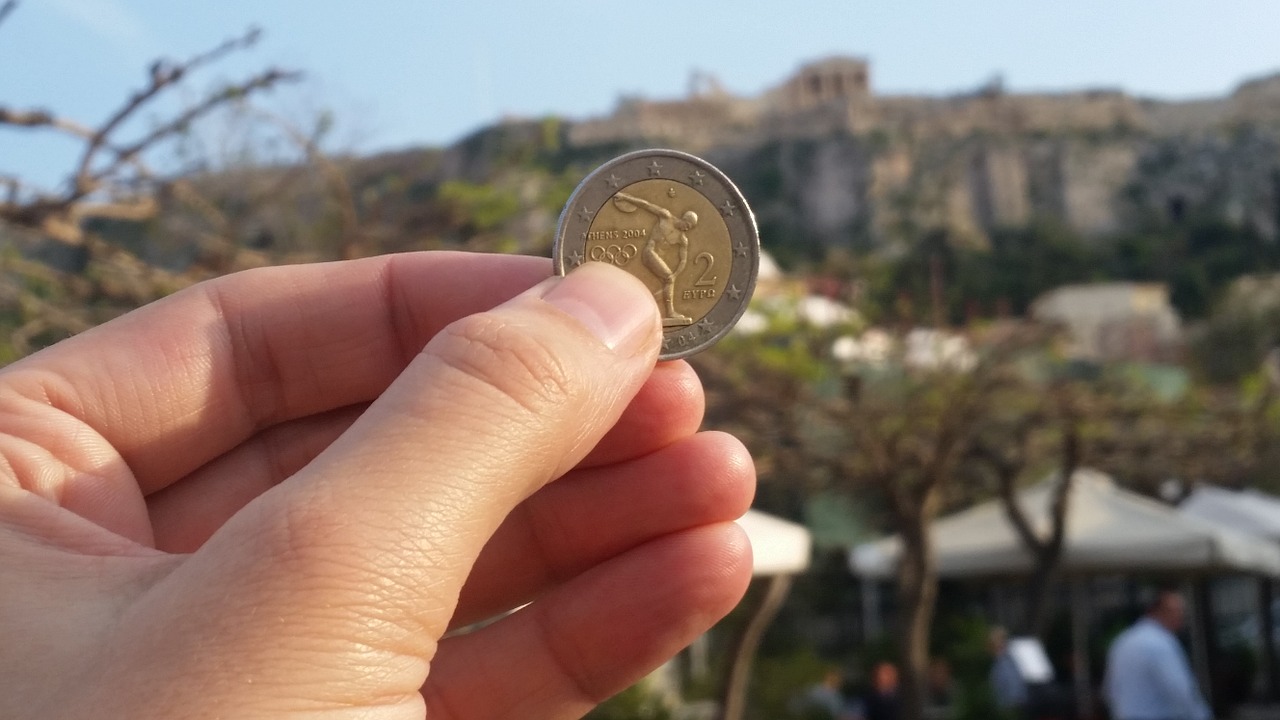Greece is facing a pivotal moment in its EU history and the world is watching as it decides what to do about its €323bn debt and whether or not to abandon the euro and indeed the Eurozone.
But as the “Grexit” drama unfolds, and news of ATM withdrawals being limited to the equivalent of €60 for Greek account holders, hotels have seen a drop of at least 20 per cent in last minute bookings and holidaymakers that have already booked are wondering whether or not they should make the trip.
There may be a cash shortage at ATM’s, so the single most important piece of advice I can give you is to take enough cash for the duration of your stay alongside your credit and debit cards.
If you are not sure what amount will be enough, you may be able to extrapolate an idea from a barometer published by the Post Office. This shows that a meal including drinks for a family of four will cost around £36 in Crete and around £47 in Corfu. A three-course meal with a bottle of wine for two in Athens will set a couple back around £28. Expect to pay £1.45 for a cup of coffee and £2.62 for a glass of wine. So take into account at least two meals a day and set aside some cash for transport, hotel extras and incidentals.
Most of us are unaccustomed to carrying so much cash, so focus on security: use the hotel safe and don’t keep it all in once place. And check your travel insurance small print and that it will cover you for loss and theft and bone up on their procedure for claims.
But read more below for Greece travel advice:
If I cancel my trip can I expect a refund?
The only time you can expect to easily extract a refund from the tour operator is when the Foreign Office advises against travel to the destination. This has not happened regarding travel to Greece. So those due to depart for the country will either have to go on their holiday or lose their money – this could be that you forfeit your deposit or the full balance if you have already paid this.
It is unlikely that your travel insurance will cover this sort of cancellation.
So, what protection do I have?
Package holidays are covered by the Civil Aviation Ahtority’s ATOL scheme. This means that you are protected from being stranded abroad.
However you won’t have this protection if you have booked direct with an airline or accommodation provider unless either of those goes bust in which case if you have paid a sum over £100 by credit card you will be covered for the service you have lost.
Check your travel insurance. Some policies may not cover insolvency. Those that do are likely to cover only the service you have lost.
What about your money? Though carrying around wads of money goes against the grain, it’s far better than having to face closed banks and limited cash machines, should that occur.
Talk to you travel insurance provider as some have upped the limit of cover this week following advice from the Foreign Office to take “enough cash to cover the duration of your stay, emergencies, unforeseen circumstances and any unexpected delays”. Aviva for instance has, on its standard travel insurance, doubled the limit for cash that is stolen or lost while on holiday to up to £600 per adult for customers heading for Greece on or before September 30. Circle Cover has temporarily trebled cash limits to £1,500 for new and exiting customers going to Greece. So chat to your provider and read the small print before you leave.
Can I use my credit card to pay for services in Greece?
Yes, your cards will work. The only obstacle may come from retailers and restaurant owners who may insist on cash. They may need it to help with their cashflow. This is what the Foreign Office advises:
“Visitors to Greece should be aware of the possibility that banking services – including credit card processing and servicing of ATMs – throughout Greece could potentially become limited at short notice.”
In the event that Greece leaves the euro, a spokesman for Visa said:
“While there are some issues that are outside of Visa’s control, we work with all relevant parties to help ensure a swift transition to a new currency with the minimum possible disruption to consumers and retailers.”
What about cash from ATMs?
The Greek government has limited withdrawals using cards issued by Greek banks to €60 (around £42) per day. Holidaymakers, in theory, can continue to withdraw cash from their cards at the daily limit imposed by the Greek banking system. This is usually €600. Or the daily limit imposed by your card issuer – whichever is the lower amount. But this can only happen if the ATM has been replenished.
The ability to pay by debit and credit cards in shops and restaurants continues to function.
The Chancellor, George Osborne, warned that the availability of cash in ATMs is likely to become “increasingly patchy.” He recommended that travellers take sufficient euros to cover the duration of their stay, emergencies, unforeseen circumstances and any delays.
Should I take advantage of cheap late deals?
Holidaymakers are a little nervous of heading to Greece and the result is that more late deals are available. Though I would be reluctant to travel independently, I would be more than happy to book a package with a tour operator knowing that they will look after me should problems suddenly arise.
What about civil unrest?
Demonstrations generally take place in Athens in Syntagma Square and most holidaymakers will be enjoying the islands. Locals know that their economic wellbeing is dependant on tourism.
For up-to-date Greece travel advice, visit the Foreign Office website
Source : https://www.thetravelmagazine.net/greece-travel-advice/


